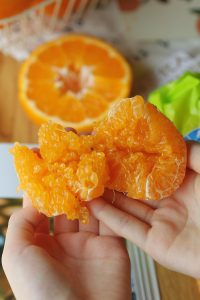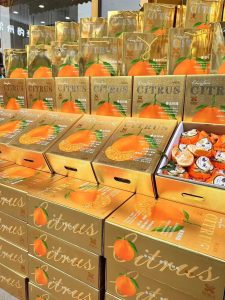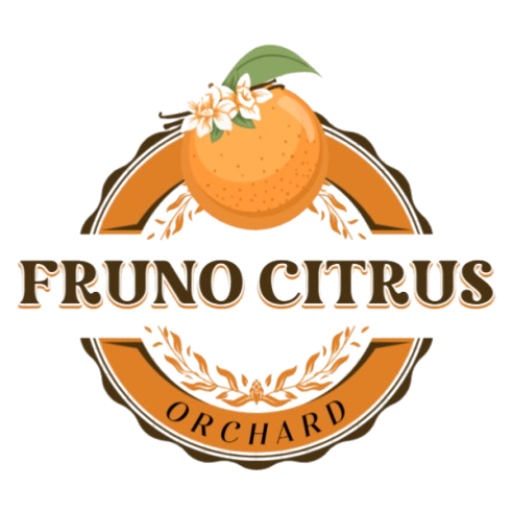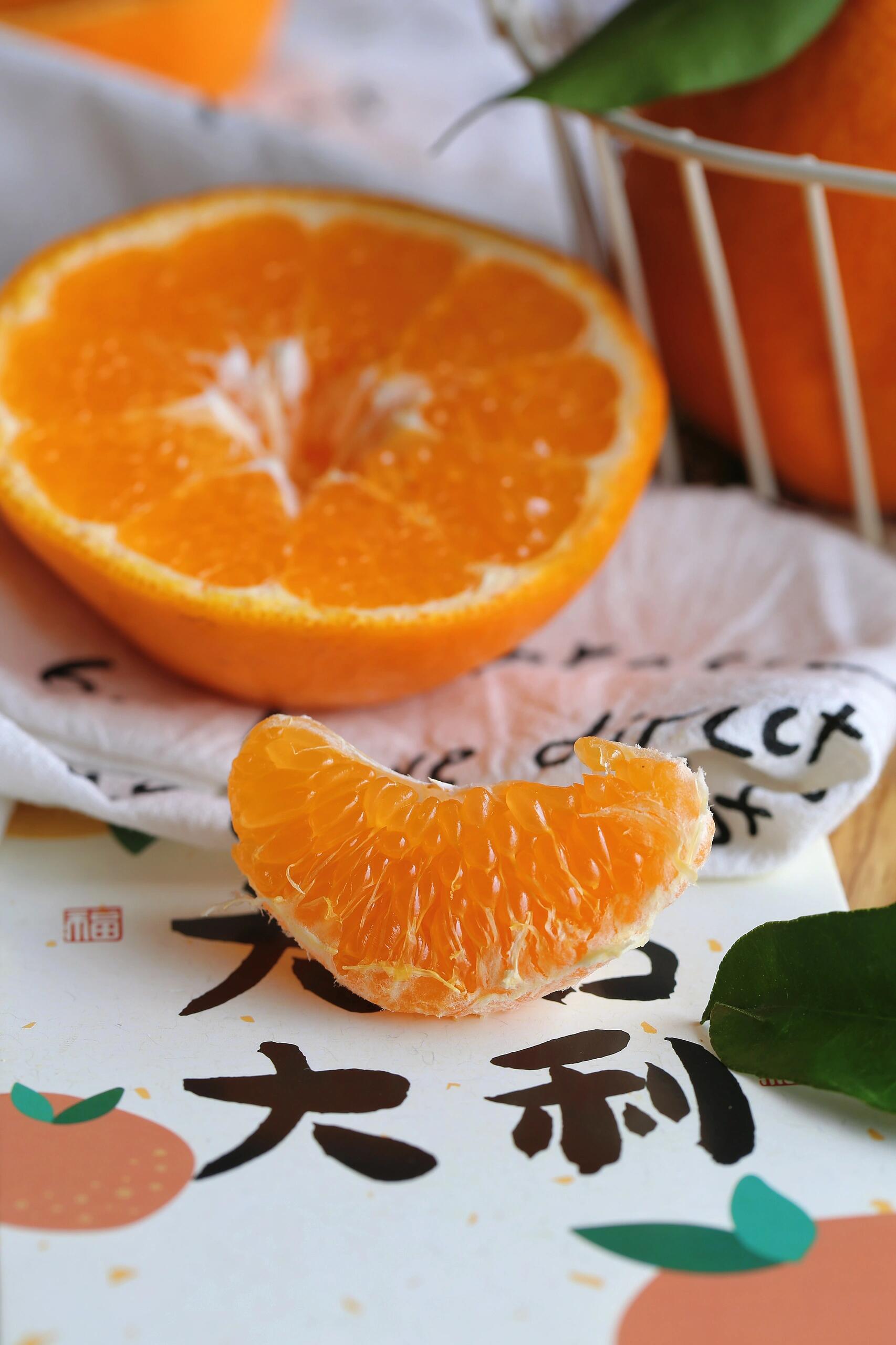Sichuan Papagan vs Japanese Citrus: Compe Valueting on Taste and
Taste and Flavor Profiles
The defining strength of Sichuan Papagan lies in its balance of sweetness and juiciness:
-
Papagan Mandarin: Average Brix 13.5–15.0, low acidity, delicate pulp.
-
Chun Jian citrus: Similar sweetness, slightly firmer pulp.
-
Shiranui mandarin: Intensely sweet, but higher price point.
| Variety | Average Brix | Acidity | Texture | Consumer Feedback |
|---|---|---|---|---|
| Sichuan Papagan | 13.5–15.0 | Mild | Tender, juicy | Sweet and refreshing |
| Chun Jian citrus | 13–14.5 | Mild | Slightly firm | Balanced flavor |
| Shiranui mandarin | 14–15.5 | Mild-low | Juicy, thicker pulp | Premium taste, luxury fruit |

Production and Scalability
One key difference is production volume:
-
Sichuan Papagan: Large-scale cultivation, thousands of hectares in Sichuan, Chongqing, Jiangxi.
-
Chun Jian citrus: Limited production, primarily in Japan, smaller orchards.
-
Shiranui mandarin: Premium-oriented, highly controlled volumes.
China’s advantage lies in scale, enabling it to supply both domestic markets and exports with consistent availability.
| Variety | Main Production Area | Annual Volume (Estimated) | Scalability |
|---|---|---|---|
| Sichuan Papagan | Sichuan, Chongqing, Jiangxi | >500,000 tons | High |
| Chun Jian citrus | Ehime, Japan | <50,000 tons | Low |
| Shiranui mandarin | Kumamoto, Japan | <30,000 tons | Low |
Price Comparison
Price is where the Papagan Mandarin dominates:
-
Domestic Papagan sells at 30–40 RMB per gift box, retailing around $4–6 per kg abroad.
-
Japanese Chun Jian and Shiranui can fetch $8–12 per kg in export markets.
Despite lower prices, consumer taste tests show Papagan satisfaction nearly equal to its Japanese rivals.

Branding and Market Perception
-
Japanese Citrus: Branded as luxury fruit, strong presence in department stores, premium gift culture.
-
Sichuan Papagan: Positioned as affordable luxury, popular for Lunar New Year gifting.
China is now developing Geographical Indication (GI) certification for Sichuan Papagan to build international branding similar to Japan’s regional citrus marketing.
Export Competitiveness
Papagan Mandarin benefits from geographic proximity to Southeast Asia and the Middle East, lowering shipping costs. Combined with China’s advances in cold chain logistics, Papagan can arrive in comparable condition at a lower price.
In Singapore, Papagan retails at 20–30% less than Japanese Shiranui but enjoys strong repeat purchase rates.
Sustainability and Future Outlook
Japanese orchards emphasize tradition and organic methods, while Chinese growers increasingly adopt fertigation, precision nutrient management, and green pest control. This combination ensures high yield and sustainable practices at scale.
As global consumers demand both quality and affordability, Sichuan Papagan is well positioned to challenge Japan’s dominance in the premium citrus category.

